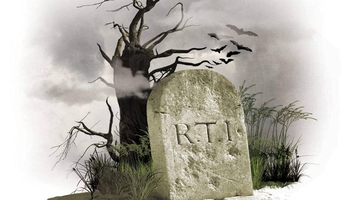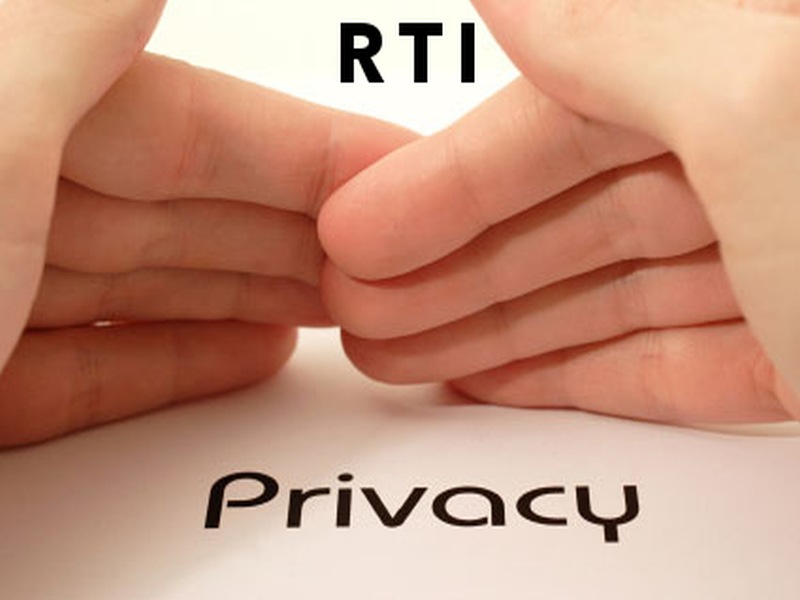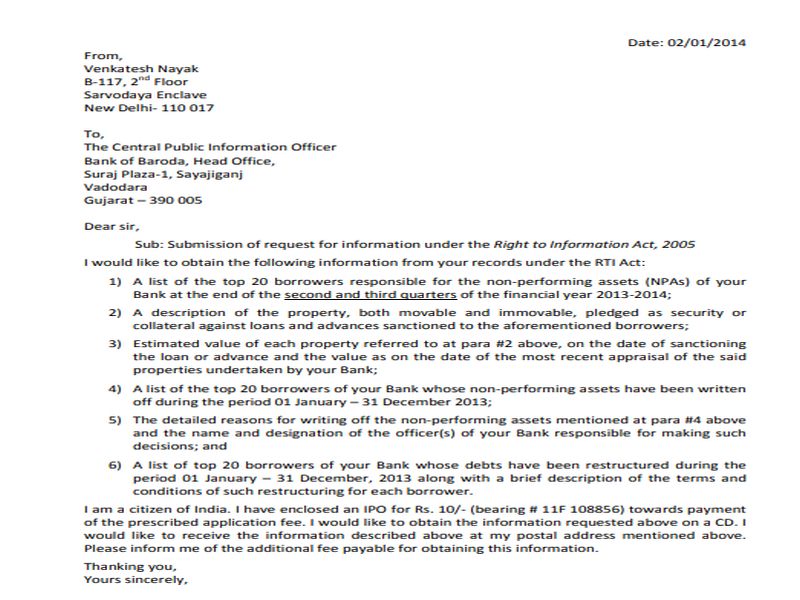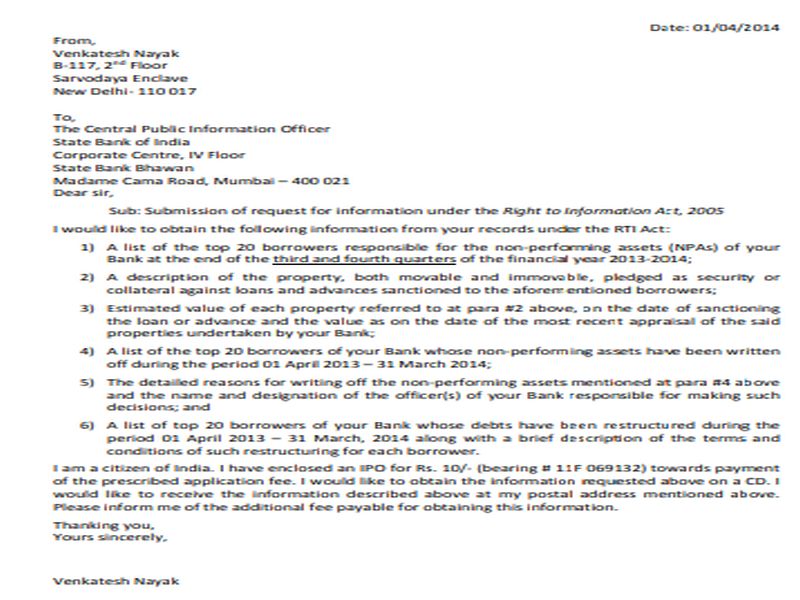
Fate Of Rohingyas In Bengal Prisons Hangs In Balance
KOLKATA -- Over 80 Rohingya Muslims lodged in various prisons across Bengal are staring at an uncertain future as their plea to get refugee status is yet to be heard by Indian authorities.
Careers: Chair, London Executive Committee
TheCommonwealthHumanRightsInitiativeisseekingaChairpersonfortheboardofTrusteesofourLondonoffice.CHRIisaninternationalhumanrightsnon-governmentalorganisationworkingacrosstheCommonwealthwithaparticularfocusonissuesaroundaccesstoinformationandaccesstojustice.

Killing it Softly
The process of accessing information should be transparent, timely and trouble-free. Delayed information does not help solve problems but compounds them. Timely information can halt wrong decisions.

Supplementing "5 Cs" with "2 Gs" (good governance) - analysis of the Coal Ministry's RTI performance since 2005
07 April, 2016 By Venkatesh Nayak Recent media reports have highlighted a statement attributed to a serving senior bureaucrat in the Union Ministry of Coal about the inhibiting impact of the Central Information Commission (CIC) on the decision-making processes relating to development.

Performance of the Ministry of Coal vis-a-vis India's RTI Act: Open Dataset
Recent media reports have highlighted a statement attributed to a serving senior bureaucrat in the Union Ministry of Coal about the inhibiting impact of the Central Information Commission (CIC) on the decision-making processes relating to development.

Central Government invites suggestions on the manner of uploading RTI replies and FAA orders on website in a legal vacuum about personal data protection
04 April, 2016 By Venkatesh Nayak In its OM dated 23/03/2016, the Department of Personnel & Training, Government of India has invited people to send their suggestions on the manner of disclosure of RTI applications and first appeals received and the responses of the Public Information



Transparency of Loan Defaulter Information in India
31 March, 2016 By Venkatesh Nayak Latest media reports indicate that the Reserve Bank of India (RBI), India's banker to banks (Central Bank) has submitted to the Hon'ble Supreme Court of India, in sealed cover, a list of defaulters on loans, worth Rs.

CHRI interviews Kamalesh Sharma, outgoing Secretary-General of the Commonwealth
31 March, 2016 Mr. Kamalesh Sharma, the departing Secretary-General of the Commonwealth spoke with the Commonwealth Human Rights Initiative via email. The staff of the London office of CHRI asked Mr.